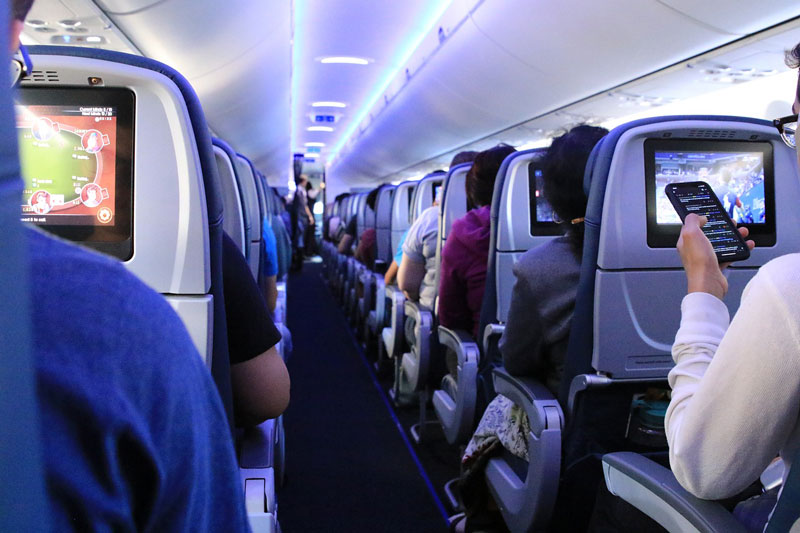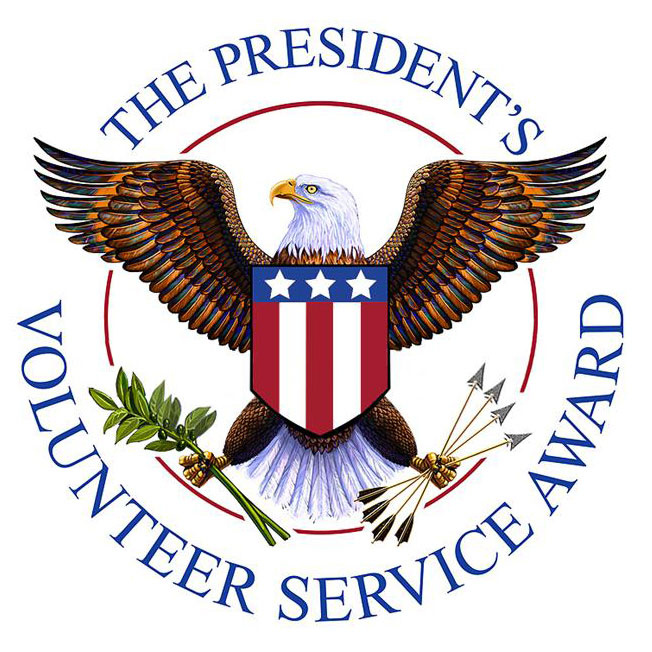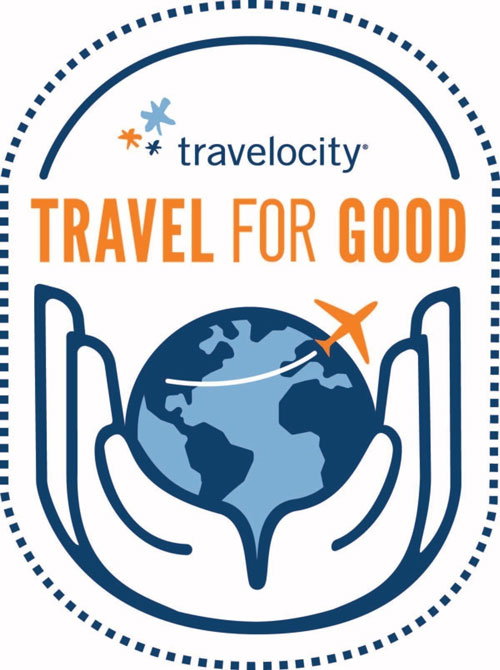What exactly is " skip-lagging", and why is it landing travelers in such hot water? Globe Aware volunteers can find out why they should avoid this hack.
This Travel Hack Continues To Get Travelers In Trouble With Airlines
July 14, 2023
Travel off Path
Earlier this week, an American teenager was allegedly detained by American Airlines gate agents at Gainesville Regional Airport in Florida.
It was Logan Parson's first time flying alone. He hadn't broken any laws and didn't realize he had done anything wrong.
So why did this U.S. minor end up in a back room of an airport for questioning, as his father told Queen City News?
Hunter Parsons had purchased his son's flight on Skiplagged.com, a popular low-fare website making headlines for its questionable practices.
Logan's ticket was from Gainesville to New York with a connection in Charlotte, where the teen planned to exit the airport without boarding his connection - a travel hack commonly known as 'skiplagging.'
Like many travelers, the Parsons had no idea this was forbidden by the airline.
So what is skiplagging, and why is it landing travelers in such hot water?

What Is Skiplagging?
Skiplagging is a risky travel hack that saves travelers money by using a layover as their final destination.
Passengers buy a cheaper flight to a major airport with a connection in their desired city. Then, they just leave the connecting airport without boarding the next flight.
Skiplagging has been around for a decade but really exploded in popularity over the past two years. It's also known as hidden city ticketing.
Say you're traveling from Dallas to Miami in six weeks. You could pay $220 to fly directly on American Airlines. Or, you could pay $115 to skiplag on an AA flight with onward service to Atlanta.
It's easy to see the appeal. Simply using your layover as your final destination would save you nearly half the fare.
Sounds too good to be true? Well, kind of.
Is It Legal?
Yes. Skiplagging is legal.
Hidden City ticketing does not currently violate any federal or state laws in the U.S., Canada, or the E.U.
Lufthansa failed in an attempt to sue a skiplagging passenger who saved over $2,000 on his fare in 2019. United Airlines similarly lost its case against Skiplagged.com in 2015.
The law is on the passenger's side here - for now.
But this is actually part of the confusion. Since skiplagging is legal, many passengers are surprised when they get slapped with serious consequences.
So What's The Problem?
While skiplagging isn't against the law, it is against airline policy.
You know that terms and conditions box you have to check to buy a plane ticket? By ticking that box, you're agreeing to pages of fine print that we all definitely read carefully every time.
These " Conditions of Carriage" include a warning that hidden city ticketing can get you kicked off your flight, charged additional fees, or banned from the airline.
Breaking an airline's rules about where and how to buy your ticket may seem like a tiny technicality, compared to more serious policies like wearing your seatbelt or following flight crew instructions. But violating the hidden city ticketing policy can get you in serious hot water.
What Can Airlines Do About It?
Skiplagging cuts into profits in an industry well-known (and hated) for its corporate greed.
Despite being on course for a record-breaking $803 billion in revenue this year, airlines are cracking down on everyday travelers finding their savings in hidden city fares.
Possible consequences vary by airline and country, but some airlines can:
- Cancel your current ticket and any return flights without refund
- Cancel booked future travel with the airline
- Delete your frequent flier account (wiping out your reward miles)
- Charge you the difference between a skiplagged fare and same-day direct fare
- Report you to collections agencies for unpaid additional fees from skiplagging caught after the fact
- Ban you from flying with the airline, either for a few years or permanently
- American Airlines canceled his ticket on the spot and banned him from flying with the airline for 3 years.
While he was stranded in another state and being interrogated about a skiplagged ticket that he hadn't even purchased, his parents had to buy a pricey same-day replacement fare to get him home.
If these are consequences airlines impose on an unsuspecting minor, they're probably not going to be any more lenient with the average traveler.
Is It Worth The Risk?
Plenty of skiplaggers think these kinds of consequences don't apply to them. " How could the airline possibly know? I'm not going to get caught."
Travelers who have missed connections at least once before, especially on both legs of a round-trip journey, are likely to be stopped and questioned. Having a listed home address in the connecting destination, either on your ticket or on your photo ID, will also raise red flags.
But even first-time skiplaggers are at risk for a potentially expensive and inconvenient travel fiasco with long-term consequences.
Airline industry analyst Henry Harteveldt recently advised ABC News that " skiplagging is a very risky bet"¦ I'm just not sure that the savings are worth the risk, even with the high airfares we're seeing right now."
Skiplagged.com recently added this disclaimer to their website: " Airlines don't like when you miss flights to save money, so don't do this often."













